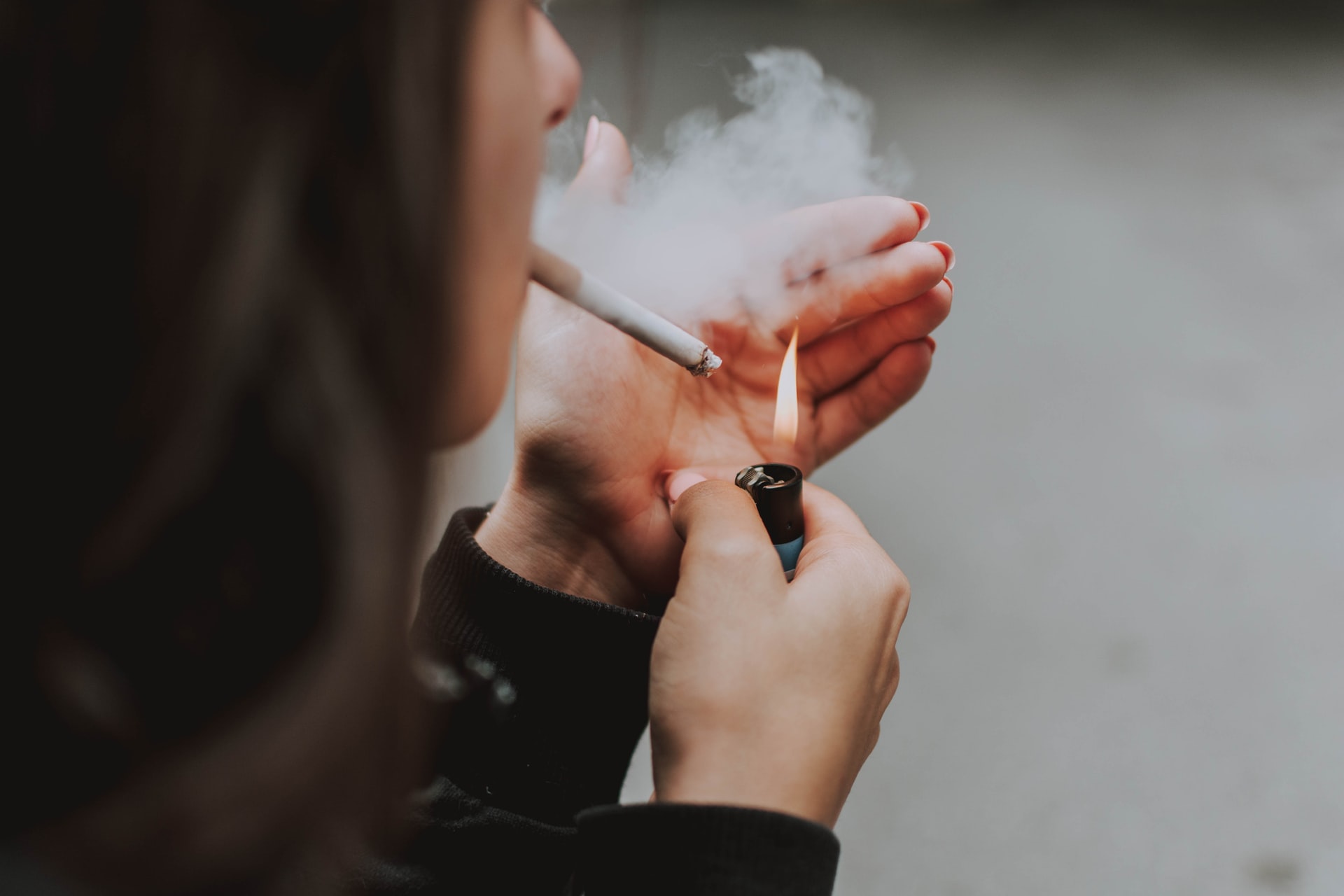
08 Apr What Are the Risk Factors for Oral Cancer?
Oral cancer can be deadly unless it’s caught early. At Hicks Dental Group, we can identify early warning signs of mouth cancer during routine dental exams. April is Oral Cancer Awareness month, and we want to help you understand how you can reduce your risk of developing cancer in your mouth or throat. Continue reading to learn about the risk factors for oral cancer and which high-risk behaviors to avoid.
Risk Factors for Developing Oral Cancer
Genetics
A family history of mouth cancer puts you at a higher risk, because cancer-causing gene mutations can sometimes be inherited. Certain genetic syndromes also increase the risk of developing oral cancer. For example, people with rare diseases like fanconi anemia or dyskeratosis congenita are more likely to develop mouth and throat cancers.
HPV Infection
Human papillomavirus (HPV) is a type of infection that can increase your risk of oral cancer. There are many types of HPV, and some of them can cause different types of cancer, including throat cancer. Getting the HPV vaccine, however, can help protect you from many strains of HPV, reducing your risk of developing mouth cancer.
Age
Although young people can also develop oral cancer, people 55 years and older are more at risk. According to the American Cancer Society, the average age people get diagnosed with cancer is 63. However, HPV-related mouth cancer is more commonly found in those under the age of 50.
UV Exposure
Ultraviolet (UV) light exposure can cause skin cancer, including cancers of the lips. People who have outdoor jobs or hobbies that frequently expose them to the sun for long periods of time are at higher risk of developing lip cancer. To reduce your chances of skin cancer, apply sunscreen to all exposed areas, and make sure to protect your lips by applying a lip balm that has SPF.
Tobacco Use
Cigarettes and chewing tobacco products are significant risk factors for developing mouth or throat cancer. Tobacco can also cause gum problems and complications with oral surgeries. Quitting tobacco use greatly reduces your risk of developing mouth cancer and improves your overall health.
Alcohol Consumption
The more alcohol you drink, the higher your risk of developing oral cancer—especially when combined with tobacco use. Drinking alcohol in excess can also lead to gum disease, which can progress and cause serious damage if left untreated. Drinking in moderation or avoiding alcohol altogether will lower your risk of oral cancer and periodontal disease.
Diet
Not eating enough fruits and vegetables is another risk factor for mouth cancer. Fruits and vegetables that are high in fiber, calcium, and vitamin C are important for maintaining a healthy mouth with strong teeth. Protect your oral health with good nutrition by including plenty of fruits and veggies in your diet.
Oral Cancer Symptoms
Even if you aren’t in a high risk group for oral cancer, it’s still important to know which signs to watch for. Contact your dentist if you notice any of the following symptoms:
- Loose teeth
- A persistent sore throat
- A lump in your neck or throat
- Pain or difficulty swallowing
- A growth on or in your mouth
- A sore on the lip that won’t heal
- Tongue pain, jaw pain, or other mouth pain
- White or red patches inside your mouth
Dental Checkups in Prescott, Arizona
Whether or not the risk factors for oral cancer apply to you, it is essential to visit your dentist twice a year for regular dental checkups. Regular dental appointments give you the opportunity to catch signs of mouth cancer and other oral issues early so you can get treatment. At Hicks Dental Group, we provide thorough examinations and cleanings to keep your mouth bright and healthy. If you would like to schedule a checkup or discuss any symptoms, give us a call at 928-445-6030.
Images used under creative commons license – commercial use (4/8/2022). Photo by lilartsy on Unsplash

